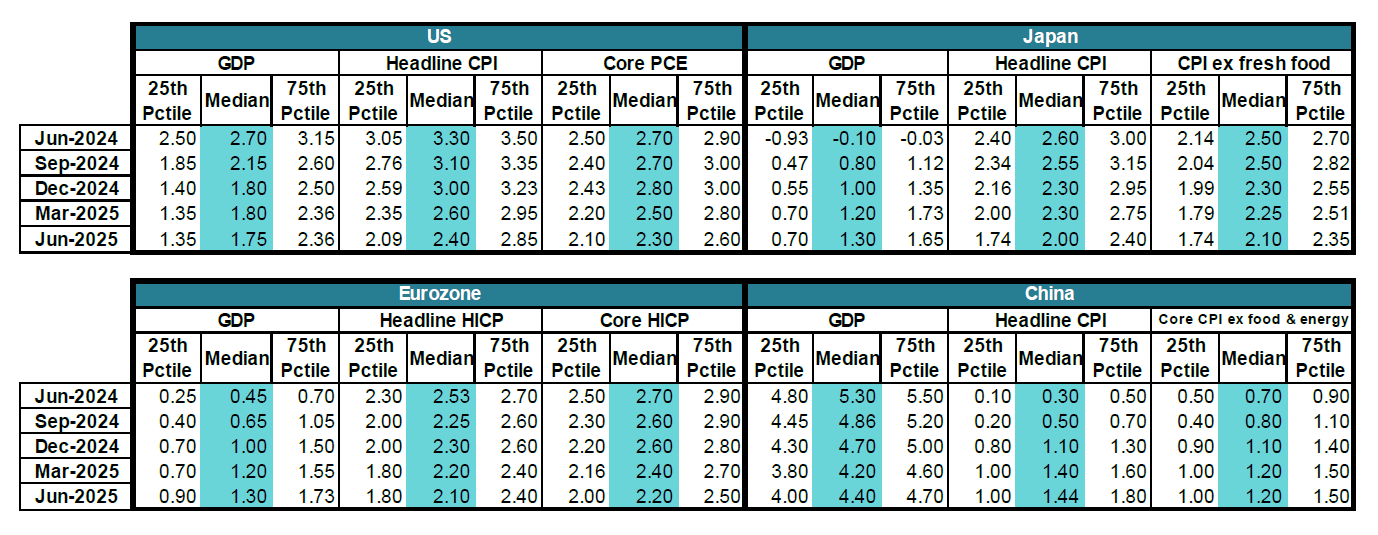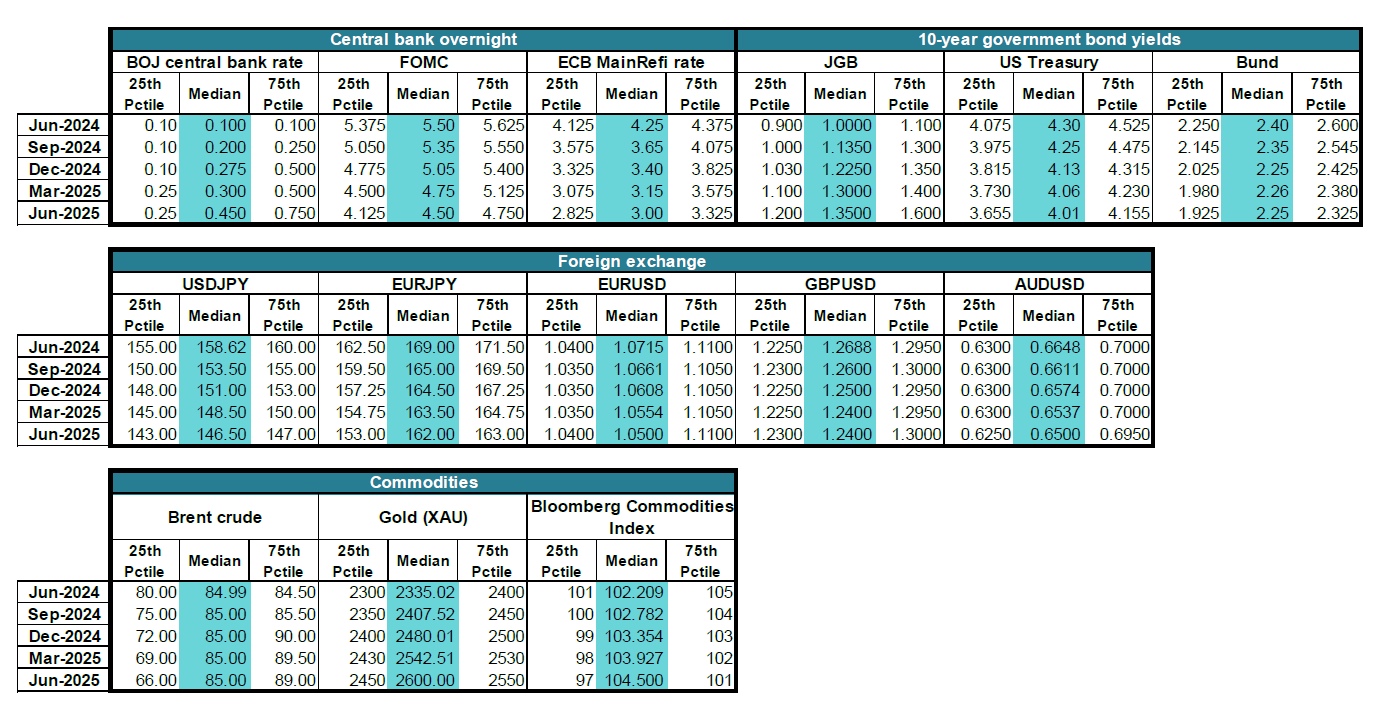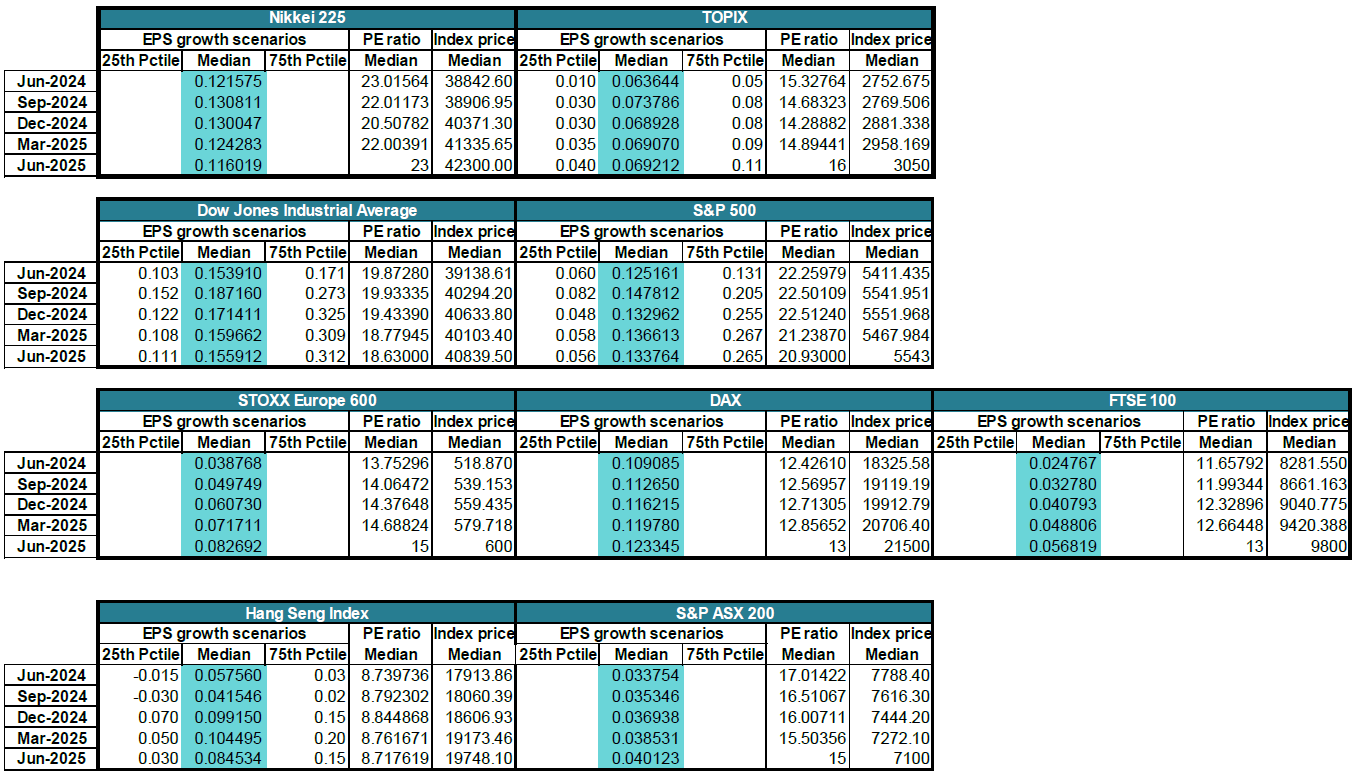Private credit is a relatively new asset class in Australia and has grown considerably in recent years. While the private credit opportunity may be moderating in the US, as was discussed by Challenger Investment Management in a recent note, interest among Australian investors may not yet have peaked. Private credit offers a number of benefits to investors, including attractive risk-adjusted returns, an illiquidity premium and diversification out of public markets.
However, in the current backdrop of uncertainty in the global economy, current or prospective investors may be wary given recent headlines on private corporate deals and negative press around commercial real estate both domestically and offshore. The emerging opportunity in Australian private credit has resulted in a marked increase in asset managers participating in the space. With so many options, there are a few key points to consider that can help to assess a manager's competency and the resilience of their strategy if issues arise.
1. Track record
Given the strength of the Australian economy over the last decade or so, most private credit managers in the market have not experienced a full economic cycle. When looking at a track record this should include experience structuring deals, negotiating terms and covenants, recognising red flags and working with borrowers through different economic environments, as well as working through a deal restructure. Newer private credit managers cannot draw on learnings from prior experience and will be less equipped than seasoned lenders to navigate single credit impairments or broader market downturns.
2. Scale and capacity management
Scale is undoubtedly important for a private credit manager to drive deal flow and ensure quality and diversification across sectors and deals. Managers relying on bank-led syndicates for deal flow can struggle to deploy capital during periods of reduced deal activity. However, the actual management of scale and capacity is a key element of risk management within private credit. With surging investor interest in Australian private credit, it is important to consider the pace at which a manager is growing. Deployment of capital in private markets is a lengthy process involving multiple steps including deal sourcing, due diligence and execution. If a manager has substantial inflows and is struggling to find deals to allocate to, that cash will likely be invested where there is an excess supply of deals. This is often in areas of the market where risks are elevated and managers may have to accept looser deal terms in order to deploy capital. As a result, a fund can become too concentrated in risky sectors and lack sufficient diversification across sectors. For example, private commercial real estate in Australia has exhibited a CAGR (1) of over 20% over the last 4 years while private non-financial corporate credit has grown at a more moderate pace of 11% (2). A manager eager to deploy capital will likely need to allocate towards the high growth areas whether it aligns to their strategy or not.
3. Team structure and resourcing
A team should be well resourced and of sufficient size to appropriately manage its portfolio. Equally, even large management teams may be exposed to key person risk which can often be underappreciated. A lack of appropriate delegation across management responsibilities or a siloing of duties can create dependence on key individuals. Ongoing targeted development of team members for senior positions and a clear succession plan can support the sustainable success of a manager.
4. Experience and proactivity in workouts
Given the private credit markets are predominantly sub-investment grade, loan impairments or defaults may occur from time to time. In the event of a loan restructuring or workout, it is important to take a proactive approach with a high level of engagement. Having a seat at the restructuring table is essential to ensure the best outcome is achieved for clients. Managers who are not adequately equipped or resourced to work on restructuring or who play a passive role can see their investors worse off as they often do not extract the same economics.
5. Good governance
Private credit as an asset class lacks transparency as compared to traditional managed funds. Portfolio holdings are usually confidential and details around the performance of loans may not be regularly shared with investors, particularly if the portfolio is held at par. Furthermore, conflicts of interest can emerge during the structuring and pricing of a private credit deal. Therefore, it is paramount that the manager is open about its operations and processes, particularly in the treatment of fees and portfolio valuation.
- Treatment of origination fees: In private credit transactions, as part of the deal origination and structuring, lenders usually receive additional fees separate to the loan margin, paid by the borrower to the lender. They are a part of the total return on a transaction. When fees are not fully passed through to the fund, managers may be conflicted on whether the return on the loan comes through a larger upfront fee or higher interest paid on the loan. As a result, clients may be missing out on returns and not being properly compensated for the risk of their investment.
- Valuation process: Properly marking the portfolio to market at regular intervals ensures that the NAV continues to fairly reflect the value and risks at both the portfolio and broader market level, allowing investors to get in and out of the fund at a fair price. If portfolio holdings are valued infrequently or held at par unless a material impairment arises, the NAV may not be properly reflecting the risks in the underlying portfolio. Furthermore, it is important to be aware of managers who have input into valuations, who may be incentivised to keep a loan at par even if material risks have surfaced/
The private credit market continues to grow with Australian investors showing significant interest in this asset class. While the current environment presents a compelling opportunity, evidence suggests the economic cycle is beginning to moderate. Appropriate manager selection is critical to protect investors in the event of an economic downturn, when performance will likely diverge between managers. Those who take a judicious approach to resourcing, capacity, portfolio management and governance are well positioned to take advantage of the many benefits of private credit while limiting investors' exposure to downside risks.












